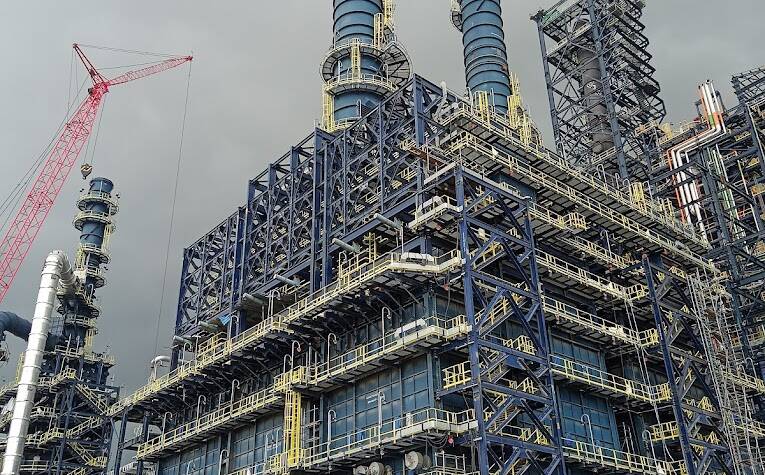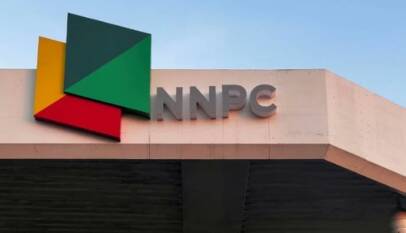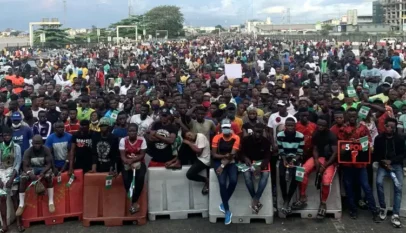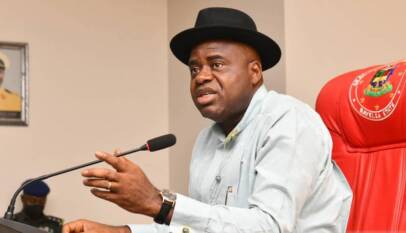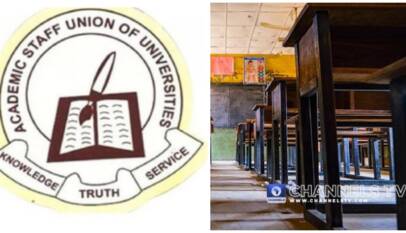Hope rose for improved petrol supply in Nigeria, as the nation’s major independent refiner, Dangote Refinery is set to roll out its much-awaited PMS into the market.
The news is a silver lining in the dark skyline of Africa’s largest crude oil-producing nation, where motorists are grappling with an acute petrol shortage, which has led to a sharp spike in prices.
A report by Punch Newspaper revealed that the company had already carried out a test run of the 650.000lt per day facility.
Another source told NDN that “products from the refinery are set to hit the market in a matter of days or at most one week.”
The report is coming amidst biting scarcity, which has forced 75% of petrol stations in the country to close shop, while the few opened stations are selling at exorbitant prices of up to 1,000 per litre.
A report surfaced at the weekend that the Nigerian National Petroleum Company Limited was constrained by $6bn debt owed to a refined products supplier.
The NNPCL continue to dominate the supplies due to the falling value of the local currency and inability of independent marketers to source forex for import.
Nigeria’s refineries in Kaduna, Warri, and Port Harcourt have been comatose due to mismanagement and unending maintenance, which the citizens believe are been frustrated by cabals in the sector.
NNPCL reported at the weekend that six consignments of petroleum products were stuck because suppliers demand payment before offloading.
The company’s Communications Officer, Olufemi Soneye, has now confirmed the report despite weeks of denying that there is a problem with supply routes.
“NNPC Ltd has acknowledged recent reports in national newspapers regarding the company’s significant debt to petrol suppliers. This financial strain has placed considerable pressure on the company and poses a threat to the sustainability of fuel supply,”
“In line with the Petroleum Industry Act (PIA), NNPC Ltd remains dedicated to its role as the supplier of last resort, ensuring national energy security.
“We are actively collaborating with relevant government agencies and other stakeholders to maintain a consistent supply of petroleum products nationwide,” Soneye said.

